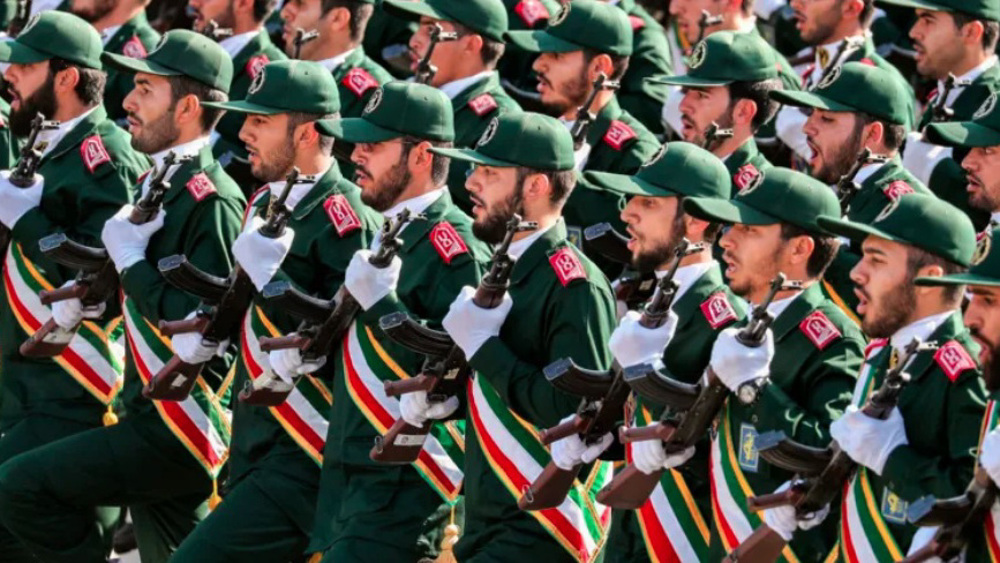US planning to partition Iraq, Syria: Analyst
Iraqi armed forces have succeeded in recapturing the historic al-Nuri Grand Mosque in the city of Mosul. Serious questions were raised about the role of the United States — long purporting to be in a fight against Daesh in the region — as a number of Daesh terrorists managed to escape Mosul to enter part of the Syrian territory where the US and its allied forces have been present. To discuss the issue, Press TV has interviewed Brad Blankenship, a journalist with al-Masdar News, and Brent Budowsky, a columnist at The Hill.
Blankenship said the United States pursued a policy of partitioning Iraq in order to gain influence in the region and drive a wedge between the Iraqi and Iranian governments.
“What they (the Americans) are doing in Iraq is very similar to what they have said they will do in Syria, which is namely to fight ISIS (Daesh), and then, when they have control of regions that ISIS used to have, they will use this as a way to partition Syria,” Blankenship said on Thursday. “And then in Iraq, what they are going to attempt to do is to use their leverage in owning territory in Iraq to draw Iraq farther away from Iran.”
The US’s ultimate goal is to separate Iraq and Syria from Iran to stop Baghdad and Damascus from being part of the axis of resistance against Israel and America, he said.
The commentator said the US was dragging its feet to participate in a real fight against Daesh in Iraq and Syria because the White House had other priorities in the region.
“The US will definitely be wary of attacking ISIL (Daesh) as they flee into Syria, because their policy at this point... [is to] make Syria, Iran, and Hezbollah pay to vanquish ISIS in Syria.”
Washington has used the unstable situation in Iraq to pave the ground for oil corporations to be able to save money by purchasing the fuel for cheaper prices from the Kurdistan region in the war-torn country, he said.
He also referred to the near-complete liberation of Mosul and said there was more work to do to eradicate Daesh.

Budowsky, the other guest at the show, said the liberation of al-Nuri Mosque “is historic along with what will be the liberation of Mosul, the liberation of Raqqah [in Syria], and the liberation of the whole region from the mass-murdering terrorists.”
He, too, said the military achievement by the Iraqi forces was not a “total victory.,” however.
“The idea of a terrorist, organized entity acting like a state... is about to be dead,” the columnist said, adding, however, that, “The terrorist problem will not be dead and it will continue as they disperse.”
Iran revives millennia-old tradition as gold gains strategic weight
Anti-ICE protests continue
Netherlands approves plan to reduce military imports from Israeli-occupied territories
Iran will hit US military bases in region if attacked: FM
VIDEO | Press TV's news headlines
Epstein files: A window into darkest corridors of power where money and influence converge
Iran FM warns ‘doctrine of impunity’ for Israel threatens regional stability
Israel covertly supporting anti-Hamas militants in Gaza: Report














 This makes it easy to access the Press TV website
This makes it easy to access the Press TV website